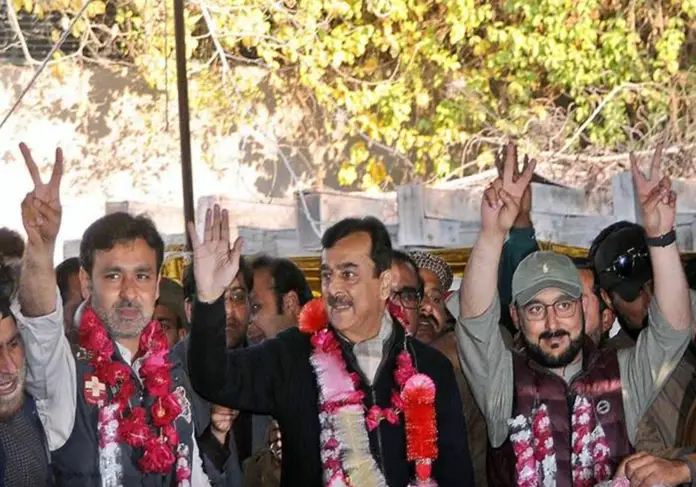The by-elections for NA-148 reflect the ongoing political rivalry within the region, particularly highlighting the Gilani family’s resurgence after a series of successful electoral outings in the 2024 general elections and subsequent Senate elections. This has come as a response from their traditional adversaries.
Previously, the Gilani family faced significant defeats in the 2018 elections, with only Syed Ali Haider Gilani securing a provincial assembly seat. This downturn was marked by a substantial rise in the fortunes of their rivals, the Qureshi family. The political scene intensified with Syed Ali Musa Gilani’s victory in a National Assembly by-election, which led to the Gilani family making a strong comeback in the general elections. Family members Syed Yousuf Raza Gilani, Syed Abdul Qadir Gilani, and Syed Ali Musa Gilani won seats in the National Assembly, while Syed Ali Haider Gilani returned to the provincial assembly.
Their strategic political alliances, particularly with the Pakistan Muslim League-Nawaz (PML-N), have placed significant pressure on their traditional opponents. Notably, their involvement in the Senate, facilitated by alignments between the PML-N and the PPP, has caused considerable challenges for rival political factions in Multan. This has been particularly evident in NA-148, where political maneuvering ahead of the by-elections has stirred significant activity. Key opposition figures, including former federal minister Sikandar Hayat Bosan and former National Assembly member Malik Ahmad Hassan Dehar, found themselves impacted by the PPP and PML-N’s collaborative approach.
Despite expectations, Malik Ahmad Hassan Dehar and Sikandar Hayat Bosan were sidelined as the PPP, under discussions between Asif Ali Zardari and PML-N’s President Shehbaz Sharif, pushed for Syed Yousuf Raza Gilani’s chairmanship in the Senate and left the field clear in NA-148 for the PPP candidate, Syed Ali Qasim Gilani.
The Gilani family’s increasing influence in local administration and federal institutions, alongside the inauguration of key social welfare offices in NA-148, has solidified their position. This has been complemented by visible support from the military’s top echelons, further enhancing their electoral prospects.
Despite the fluctuating dynamics and the apparent decline in the “Imran wave,” the Gilani group’s stronghold appears robust, especially with the ongoing support from key community factions. Meanwhile, their principal opponents, led by the Qureshi family, have been largely inactive at the national and local levels, leading to disillusionment among their supporters.
As the by-election approaches, analysts suggest that Syed Ali Qasim Gilani is poised for a likely victory, amidst a political landscape that increasingly favors the Gilani family, while their opponents struggle to regain their footing in Multan’s challenging political arena.







